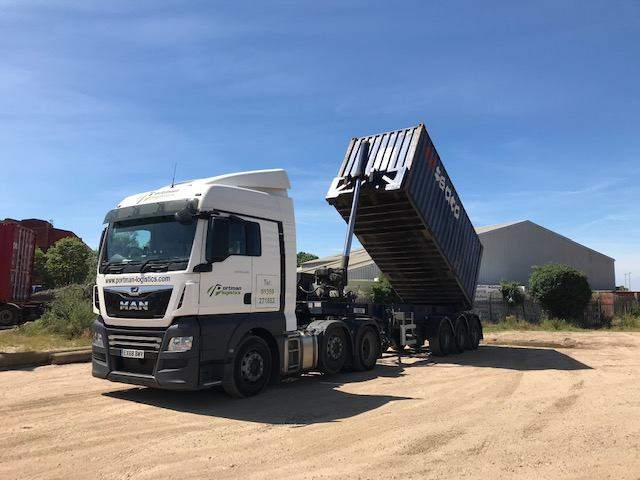Artificial Intelligence AI is transforming the warehousing and logistics industry in profound ways, driving efficiencies, enhancing productivity, and reshaping the entire supply chain. The integration of AI technologies is helping businesses streamline operations, reduce costs, and improve customer satisfaction, thereby creating a more agile and responsive logistics ecosystem. One of the most significant impacts of AI in warehousing is the optimization of inventory management. Traditional inventory systems often rely on manual processes that can lead to errors and inefficiencies. AI-powered systems utilize advanced algorithms to analyze vast amounts of data in real-time, allowing companies to forecast demand more accurately, track inventory levels, and automate reordering processes. This predictive capability minimizes stockouts and overstock situations, ensuring that warehouses are adequately stocked without incurring unnecessary carrying costs. Moreover, AI enhances the efficiency of warehouse operations through automation. Automated guided vehicles AGVs and robotic arms can work around the clock, performing repetitive tasks faster and with greater precision than human workers.
This not only increases throughput but also frees up human employees to focus on more complex tasks that require critical thinking and problem-solving skills. By combining AI-driven robotics with the Internet of Things IoT, companies can create smart warehouses that communicate and adapt in real-time, optimizing workflows and reducing delays. AI also plays a crucial role in route optimization and transportation management within the logistics sector. Algorithms can analyze factors such as traffic patterns, weather conditions, and delivery windows to determine the most efficient routes for drivers. This reduces fuel consumption, lowers transportation costs, and improves delivery times, contributing to enhanced customer satisfaction. Furthermore, AI systems can continuously learn from past data, allowing logistics companies to refine their operations and adapt to changing conditions swiftly. In addition to improving operational efficiency, AI enhances decision-making processes within warehousing and know more by clicking here https://fswltd.co.uk/warehousing-in-birmingham/. Data analytics tools powered by AI can sift through large datasets to identify trends, inefficiencies, and potential risks.
This provides warehouse managers and logistics coordinators with actionable insights that inform strategic planning and resource allocation. For instance, AI can help identify bottlenecks in the supply chain, enabling companies to address issues proactively before they escalate into larger problems. While the benefits of AI in warehousing and logistics are significant, there are also challenges to consider. The initial investment in AI technologies can be substantial, and smaller companies may find it difficult to compete with larger firms that have more resources to invest in advanced systems. Additionally, the shift towards automation raises concerns about job displacement, as machines take over tasks traditionally performed by humans. However, many industry experts argue that rather than replacing jobs, AI will transform them, creating new opportunities that require a different skill set. In conclusion, the impact of artificial intelligence on warehousing and logistics is multifaceted, driving innovation and efficiency while also posing challenges that the industry must navigate.
Categories: Business